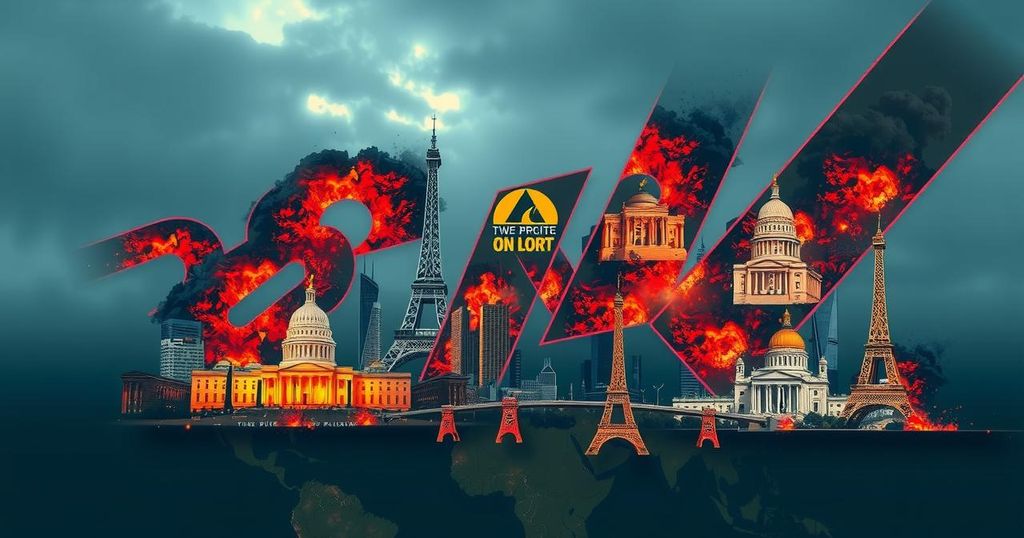Robert McNally, former White House adviser, foresees that Donald Trump’s likely return to power will significantly alter U.S. relations with Iran and China, advocating a strategy of maximum pressure to avoid conflict with Iran while dismantling U.S. climate initiatives. These anticipated changes could redefine both foreign and domestic policies under Trump 2.0.
Former White House adviser Robert McNally has articulated that the impending “Trump 2.0” administration will bring significant changes to the geopolitical landscape regarding Iran, China, and U.S. climate policy. He believes that former President Donald Trump will aim to avoid military conflict with Iran by implementing a strategy of maximum pressure. This approach is designed to exert economic and political leverage without resorting to military intervention, thereby safeguarding U.S. interests. Moreover, McNally forecasts that the new administration will confront China more aggressively and seek to dismantle the existing U.S. climate frameworks established in prior administrations. The comments from Mr. McNally were made following the anticipated electoral victory of Donald Trump, indicating a shift in strategic focus reminiscent of policies from his previous term. Analysts are watching closely to see how these strategies may unfold and their implications for international relations and domestic policies in the upcoming years. McNally’s insights reflect a broad consensus among certain political circles that the former administration’s approach to foreign policy will be characterized by confrontational tactics, particularly towards nations deemed adversarial to U.S. interests. The backdrop to these developments includes a heightened sense of urgency concerning U.S. relations with both Iran and China, two key players in international politics. The Biden administration’s strategies on climate change represent a stark departure from those of Trump, which favored deregulation and skepticism of climate agreements. It remains to be seen how the projection of U.S. power will manifest in the wake of these anticipated changes in leadership and policy orientation.
The current geopolitical climate is increasingly complex, especially with ongoing tensions concerning Iran’s nuclear ambitions and China’s rising global influence. The Trump administration, particularly during its first term, adopted a stringent approach toward both nations, involving economic sanctions and shift in diplomatic relations. Additionally, the U.S. has been grappling with internal policy debates regarding climate change, contributing to a charged atmosphere around environmental legislation. The insights offered by Robert McNally highlight the anticipated resurgence of previous strategies under Trump 2.0 in addressing these significant global challenges.
In summary, the expected re-emergence of Donald Trump in the political arena shapes a potentially disruptive environment regarding U.S. foreign policy towards Iran and China. Moreover, the dismantling of existing climate policies could signify a considerable shift in domestic priorities. Robert McNally’s remarks encapsulate the strategic intentions of a future Trump administration, suggesting a blend of assertiveness and a preference for non-military approaches in international relations. The implications of these changes are likely to resonate significantly within both domestic and global spheres.
Original Source: www.upstreamonline.com






